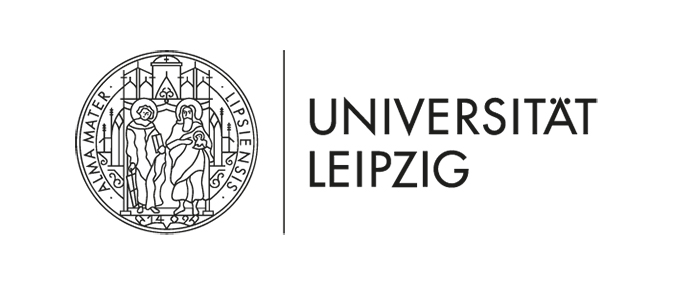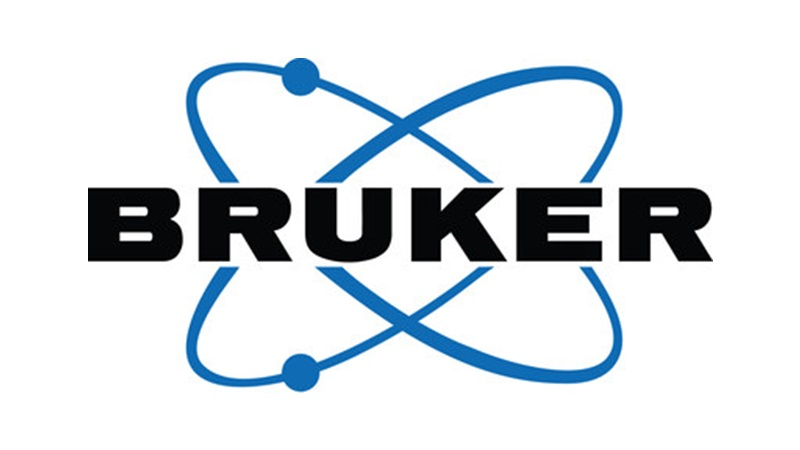|
14th Annual Symposium Physics of Cancer Leipzig, Germany Oct. 4 - 6, 2023 |
PoC - Physics of Cancer - Annual Symposium | ||||||||||||||||||
|
|
Contributed Talk
Competition for space in tumors: Does dead matter matter?
Contact: | Website
Competition of different cell phenotypes for limited space is clearly important in tumor growth, be it between cancerous and healthy tissue or between clones representing cancer progression. We focus here on the purely non-adversarial competition case dominated by stochastic fluctuations, avoiding cases where an increased 'killing capability' trivially leads to a fitness advantage. Predicting the outcome for competition of such growing active matter is non-trivial, as it depends on how cell turnover via growth, proliferation and the degradation of cellular matter is regulated by mechanosensing in confinement. We show that elimination of passive by-products of the processes maintaining homeostasis such as dead cell waste can significantly alter fitness[1], enabling populations that otherwise have a slower growth rate in homeostasis to outcompete their rivals. We elucidate this effect by accounting for mechanical persistence of dead cells over time in both theoretical arguments and simulations.
|









